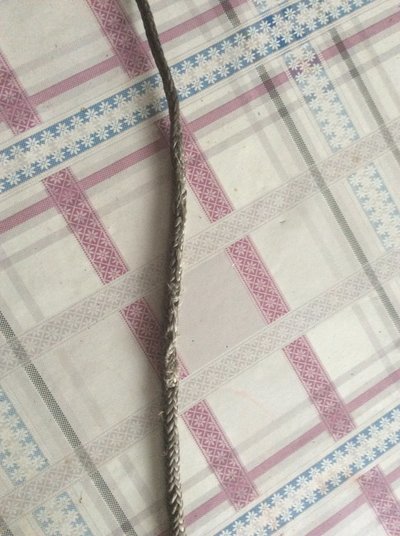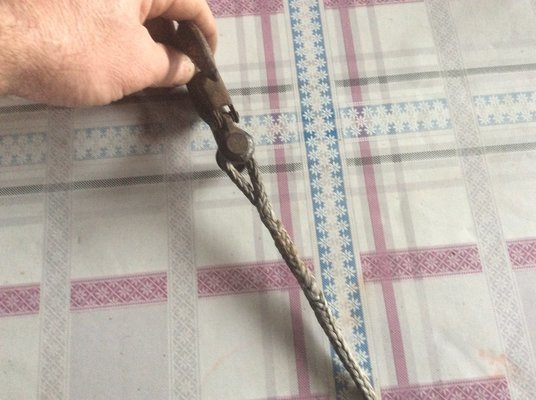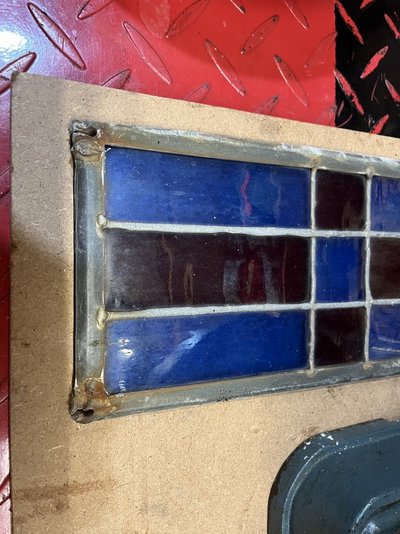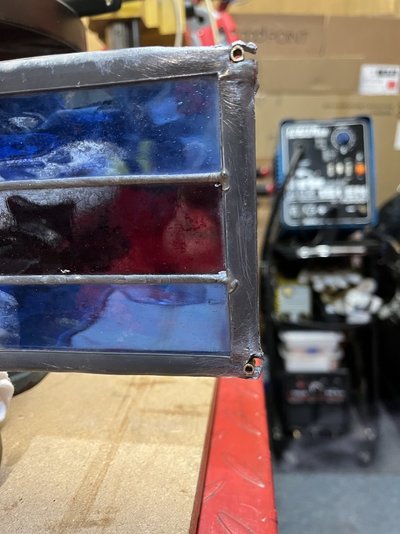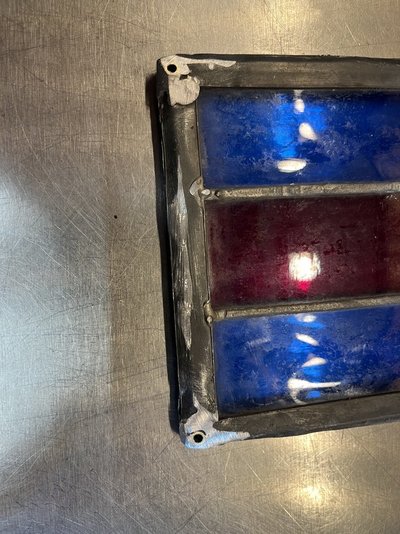- Messages
- 23,881
- Location
- Birmingham
I had a mate with the 500cc version of that. It went like stink once you wound it up.
I have been toying with the idea of finding an old Yamaha AS3 125 twin to restore (like I had when I was 17). I loved that little thing. Getting thin on the ground now and parts even more so.
My cousin had an AS or maybe YAS?, not sure which model, I took in the pic in the late 70's.





![IMG_20240216_150340[1].jpg IMG_20240216_150340[1].jpg](https://www.mig-welding.co.uk/forum/data/attachments/434/434555-5d4df872169f4f91bc1eb3d4b75452cf.jpg?hash=XU34chafT5)
![IMG_20240216_182812[1].jpg IMG_20240216_182812[1].jpg](https://www.mig-welding.co.uk/forum/data/attachments/434/434556-7a28bcf3078e878cfd83a108ff6d3363.jpg?hash=eii88weOh4)
![IMG_20240217_101720[1].jpg IMG_20240217_101720[1].jpg](https://www.mig-welding.co.uk/forum/data/attachments/434/434557-986dd89333e3fc8d071f80c9387a8b94.jpg?hash=mG3YkzPj_I)
![IMG_20240217_101717[1].jpg IMG_20240217_101717[1].jpg](https://www.mig-welding.co.uk/forum/data/attachments/434/434558-f26f996c66791da32a536f7dfa39640d.jpg?hash=8m-ZbGZ5Ha)
